The Life and Reign of Queen Elizabeth II
The longest-serving female monarch in world history leaves behind an enduring and unforgettable legacy.
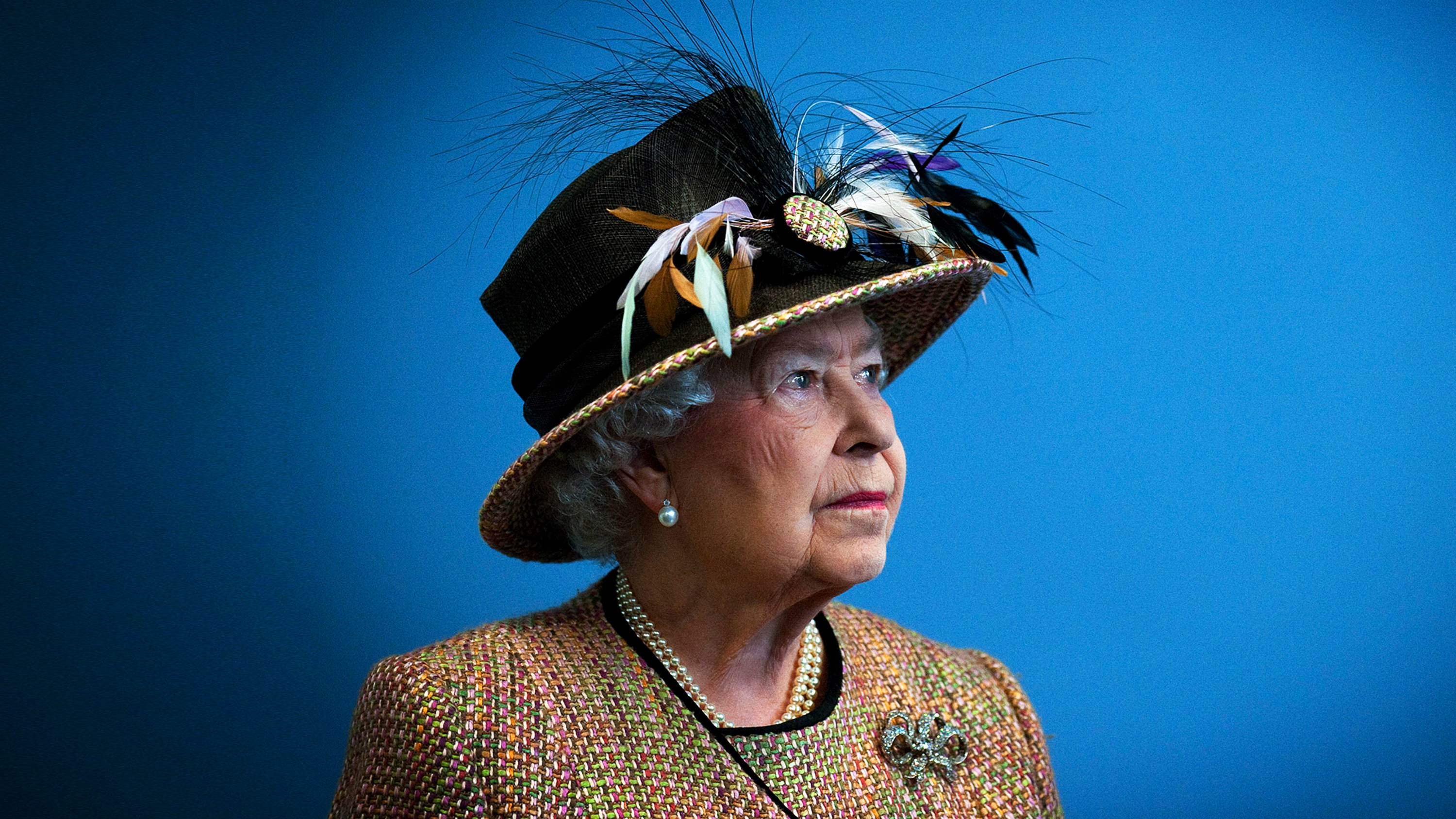

"I declare before you all that my whole life whether it be long or short shall be devoted to your service," said a 21-year-old Princess Elizabeth to her soon-to-be subjects in 1947. It was five years before she was crowned Queen Elizabeth II and began making good on her promise as head of the United Kingdom and the Commonwealth. Her life, as it turned out, was long and eventful: She died at 96, having reigned for 70 years, longer than any other British monarch in history.
"When you say, 'the Queen,' to more or less anyone on the planet, there’s one woman they think of," says royal commentator Jonathan Sacerdoti. "There’s almost been this expectation that the monarch is a woman, and now the nation will get used instead to a man at the top."
For many, this transition will prove bittersweet as they adjust to a world without one of the most recognizable, most beloved figures of the past century.
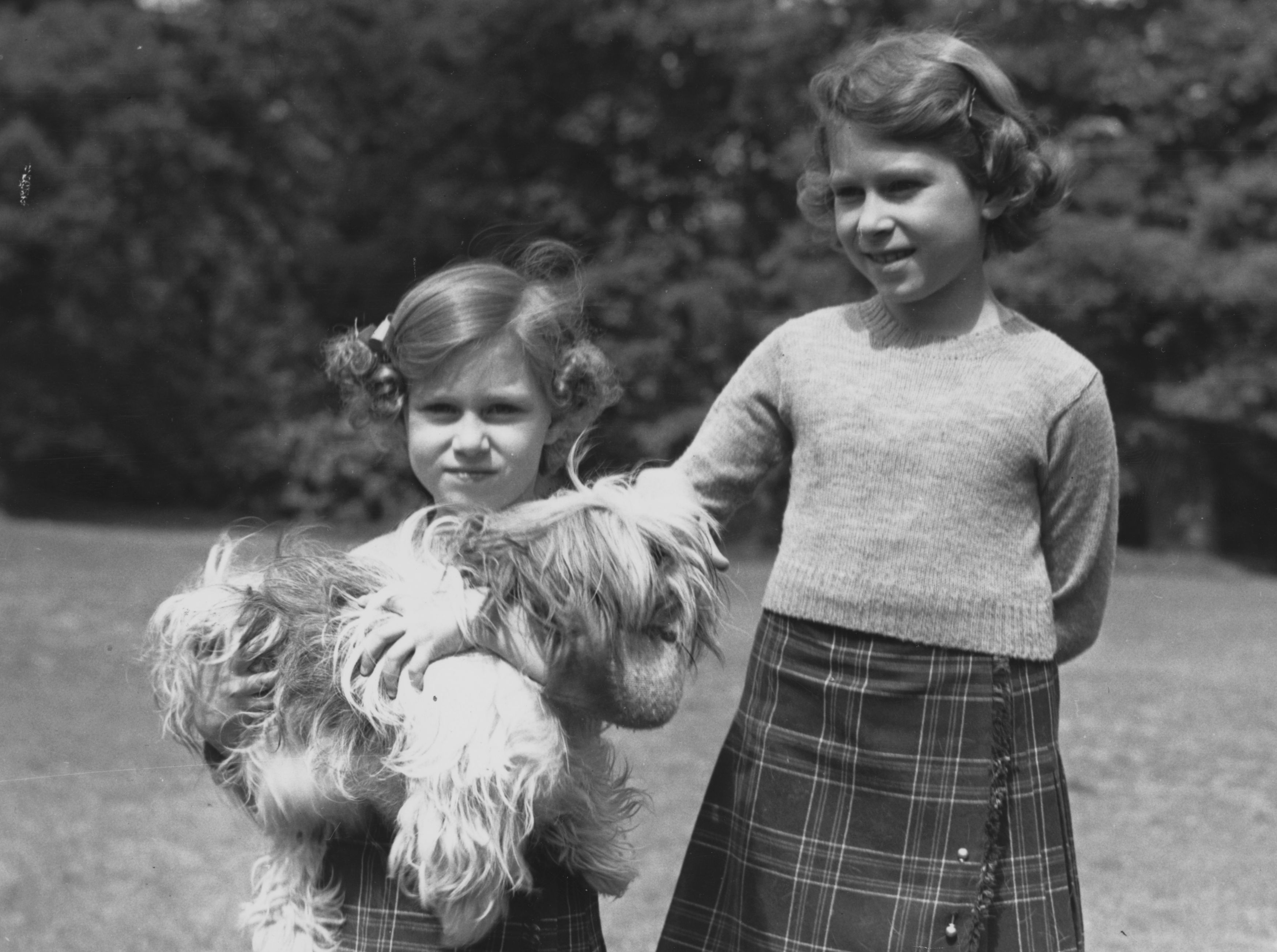
Princess Elizabeth became the rightful heir to the throne at 10 years old, in 1936, when her uncle Edward VIII abdicated and her father was unexpectedly crowned George VI. From then on, "she was well trained," says royal expert Christine Ross. "She knew what her fate and her future held." The princess became Queen earlier than she had hoped, following her father’s death in 1952, with a husband and two young children at her side.
Elizabeth was often called to choose duty over desire, country over family, to serve and represent her people as their hereditary head of state. Early on, she had to defer to official advice in blocking her younger sister Margaret’s marriage to the divorcé Group Captain Peter Townsend. Although heavily enmeshed in tradition throughout her reign, the Queen moved with the times when it felt like the right thing to do, eventually imparting her blessing on Prince Charles to marry Camilla Parker Bowles in 2005, and Prince Harry to marry Meghan Markle in 2018, though both women were divorcées.
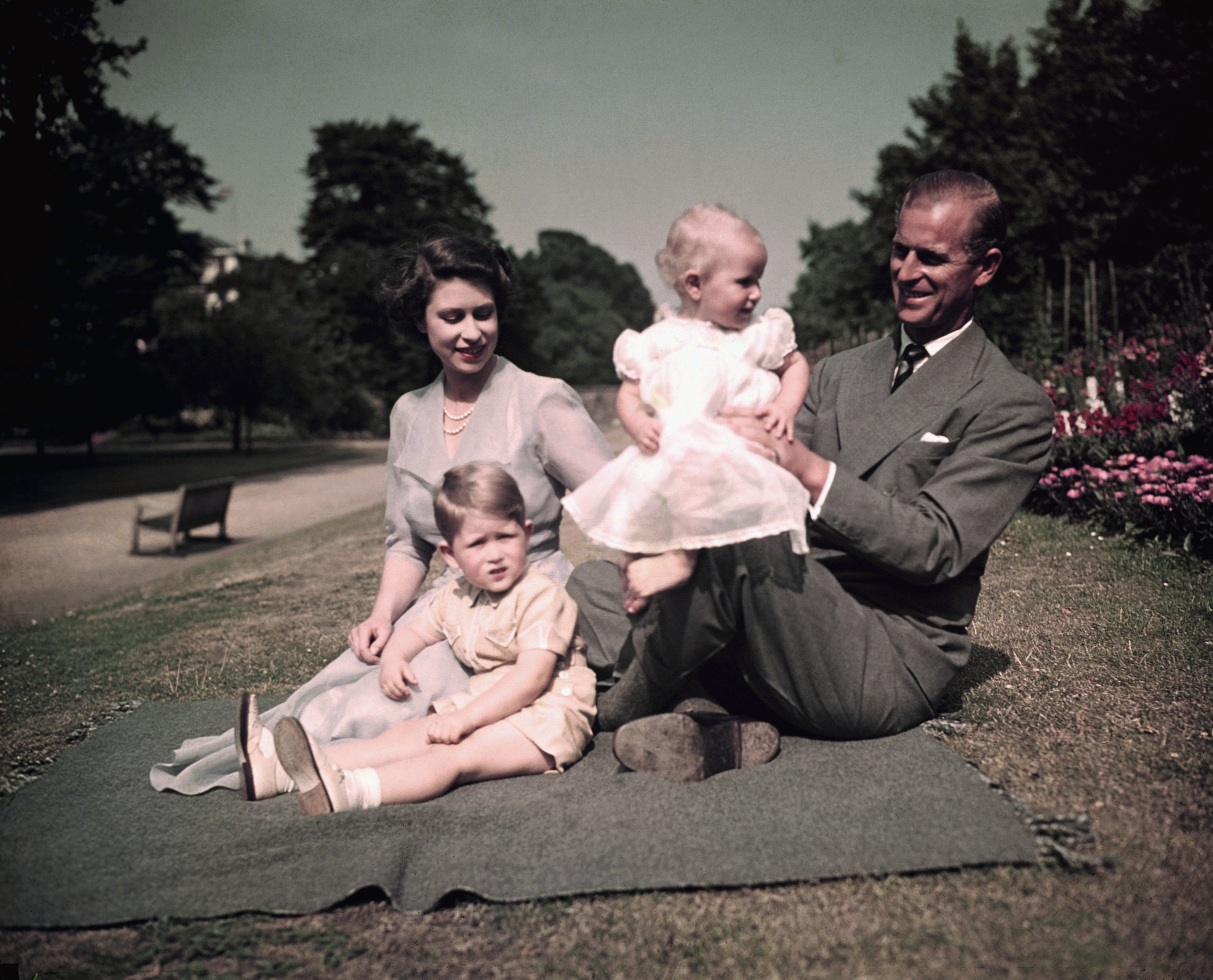
Elizabeth had the benefit of hindsight then, though: Disallowing love marriages had never ended well for her family. Princess Margaret later married and divorced Anthony Armstrong-Jones, and Prince Charles was encouraged to marry Diana Spencer, whom he famously cheated on and subsequently divorced.
The time of Diana, Princess of Wales’ tragic death at 36 years old was perhaps the single biggest blow to the Queen’s popularity throughout her seven decades of reign. Diana was "the people’s princess," a dedicated philanthropist, a figurehead for martyrdom who at her unhappiest still reportedly wanted to stay in her marriage. After Diana died, the Queen caused an uproar when she decided not to rush back to London from Balmoral, where she was vacationing with Princes William and Harry. "Normally, a royal would take precedent into consideration," says royal expert Richard Fitzwilliams. "There was no precedent, because Diana was absolutely unique." Elizabeth eventually returned to London a day earlier than planned, dressed in mourning, and soon gave a moving speech to the nation to express her grief.
Get exclusive access to fashion and beauty trends, hot-off-the-press celebrity news, and more.
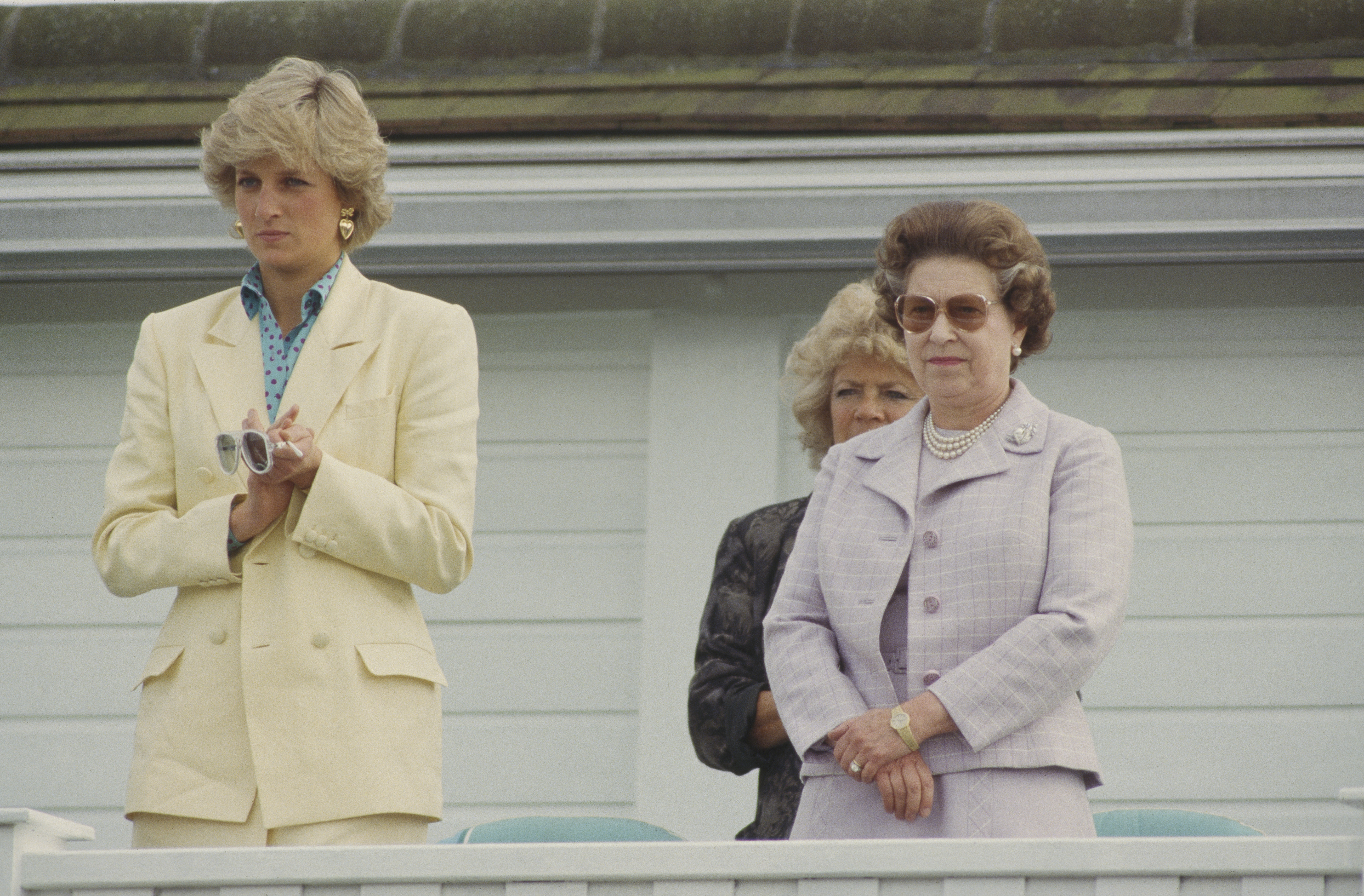
The monarch always had to balance the public and personal realms—which could sometimes read as cold or detached to onlookers. But for royal experts, she had to maintain a certain amount of distance: "The Queen was famously apolitical her entire reign, and that was so that she never divided her people for or against her," Ross says. "She wanted to represent them in a fair and positive way."
That doesn’t mean she stayed stuck in the past for its own sake, as we saw when she gave her support to same-sex marriage in the U.K. in 2013. "She was saying, 'the people want this, and this seems the right thing for the people,' regardless of how she may have felt about it 50 or 70 years ago," Ross explains. She was all for progress, but never for "a massive overhaul in one fell swoop," as Sacerdoti puts it. Her embracing of television, and decades later of social media, demonstrated her willingness to modernize slowly and steadily.
Though it’s almost impossible to separate Elizabeth the monarch from Elizabeth the woman, there were some clues as to who she was behind closed doors. She was, of course, a devoted mother, grandmother, and great-grandmother. She had a lifelong love of corgis and "dorgis," and is believed to have owned at least 30 over the course of her reign. She was a keen horsewoman, stamp collector, gardener, chocolate fiend, martini aficionada, and patron to over 600 charities and organizations that aligned with her interests.
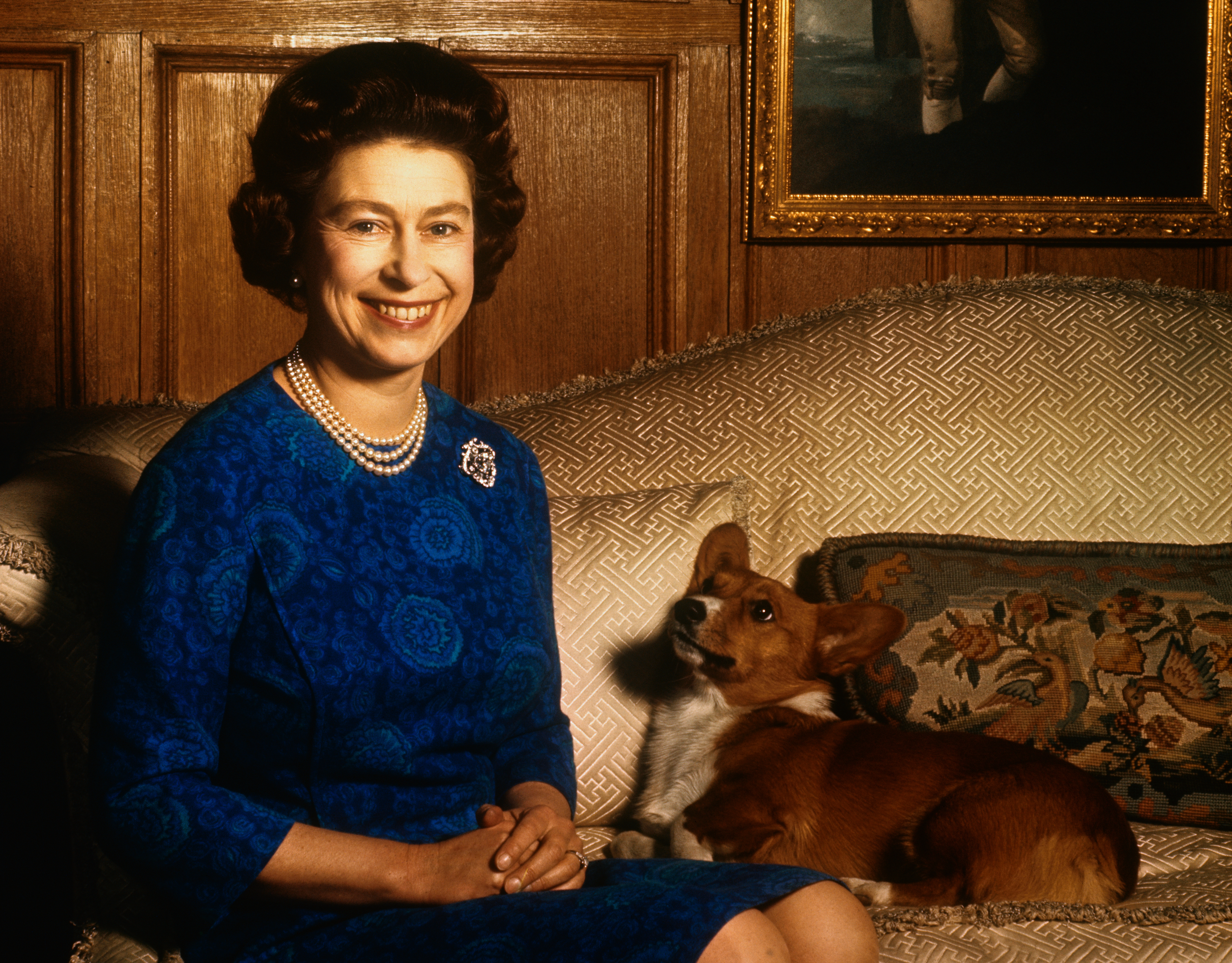
Often seen with a warm smile, the Queen rarely displayed emotions such as anger or sadness in public. Her opinions (and famous sense of humor), however, notably shined through in her calculated choice of outfits during official engagements—which sent a subtle but unmistakable message.
"When Donald Trump made his state visit, she presumably very deliberately wore a brooch that President Obama had given her a couple of years before," explains Kate Strasdin, PhD, a fashion historian and royal dress expert. When Russia invaded Ukraine in 2022, she hosted Justin Trudeau at Windsor Castle with a large bouquet of blue and yellow flowers in the background. On a lighter note, she charmed royal fans of all ages when she filmed a skit with Daniel Craig as James Bond for her Diamond Jubilee, and with Paddington Bear for her Platinum Jubilee.
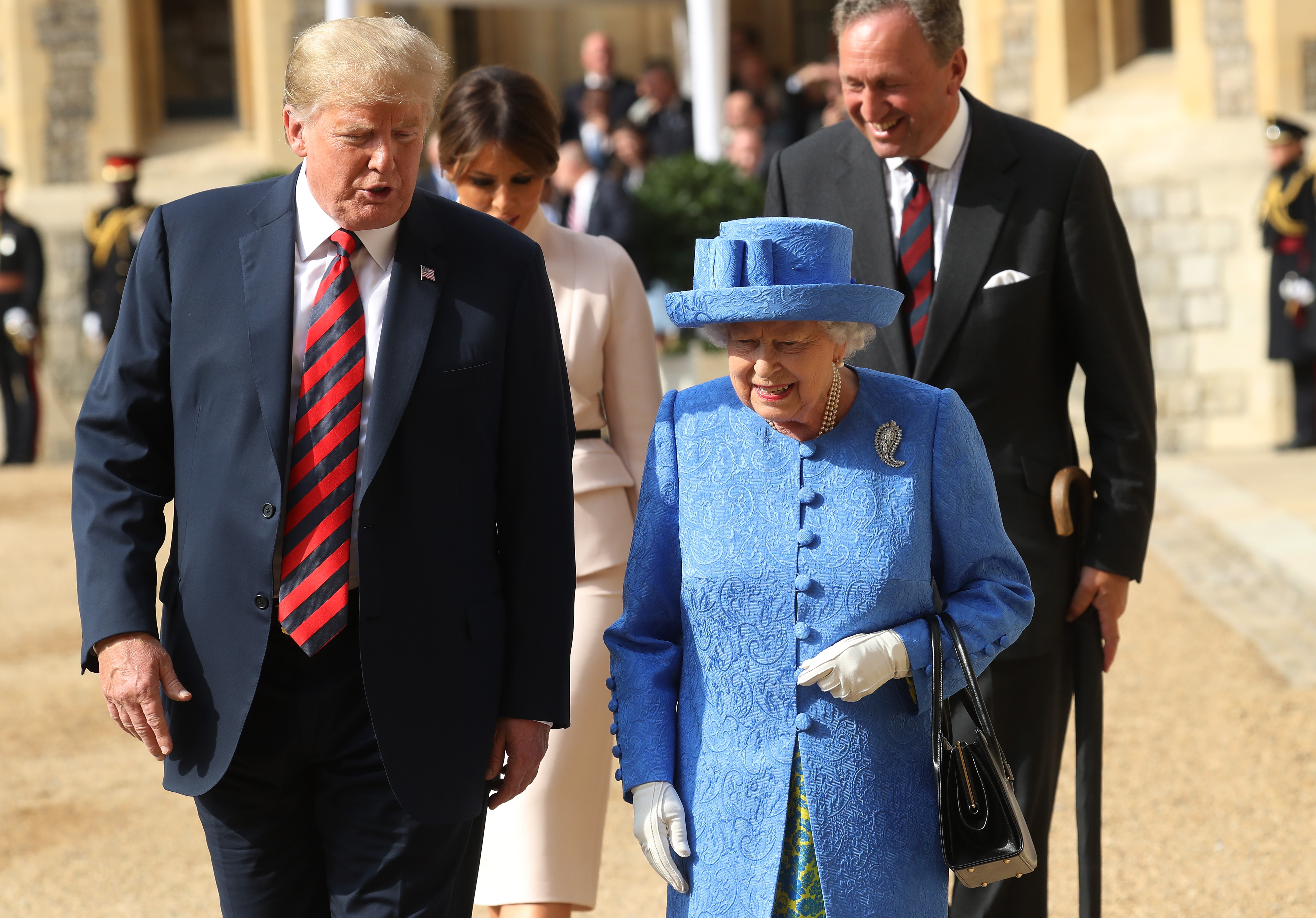
For Martyn Whittock, a historian and lay minister in the Church of England, the Queen’s notions of right and wrong were deeply influenced by her personal Christian faith, as evidenced when she sat alone at the funeral of Prince Philip, her husband of 73 years, while the COVID pandemic raged on. "I think that made people think, 'Here is a person who actually does play it straight, who tries very hard to do what’s right, and has a very self-disciplined and a very self-sacrificing view of her role,'" Whittock says.
The latter years of Elizabeth’s reign were marred by controversy: First, the revelation of her son, Prince Andrew’s, ties to convicted sex offender Jeffrey Epstein, then the exit of Prince Harry and Meghan Markle from royal life. "These are big blows, because the Sussexes were the modernizing, contemporary face of the Royal Family, and there is no doubt that without them, it was weakened," Fitzwilliams says.
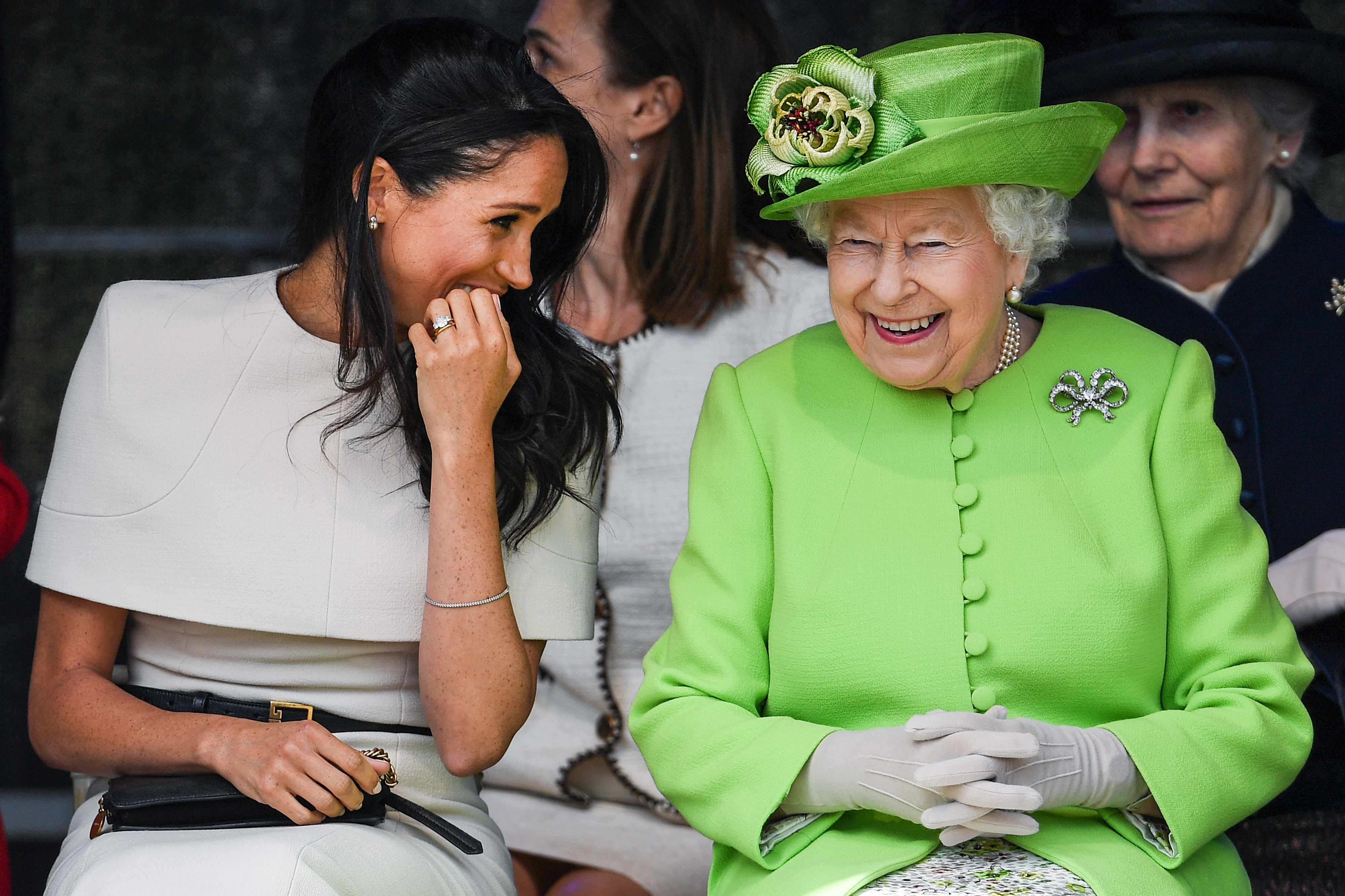
Then there’s the complicated and painful history of the monarchy’s ties with slavery, colonization and racism, which—as its head—Queen Elizabeth II represented for many throughout Britain and the Commonwealth. Barbados removed her as head of state in 2021, prompting all other Caribbean nations still in the Commonwealth to consider their own departure. Now that the Queen has passed, "I think we probably will see an increased republicanism within the Commonwealth, as nations begin to say, 'Well, post-Elizabeth II, we’re actually going to review the whole arrangement,'" Whittock projects.
Despite all these very real difficulties, and increasing anti-monarchy sentiment especially among the young and left-leaning, support for the Queen remained sky-high in the polls until the time of her death. "Most people—even many republicans I know, who don’t support the monarchy at all as a concept—believe that the Queen did a pretty good job, more than a pretty good job, a very good job of being the monarch," Sacerdoti says. Her popularity was all but consecrated during her 2022 Jubilee, when mounting skepticism didn’t stop millions in Britain and around the world from celebrating "70 glorious years."
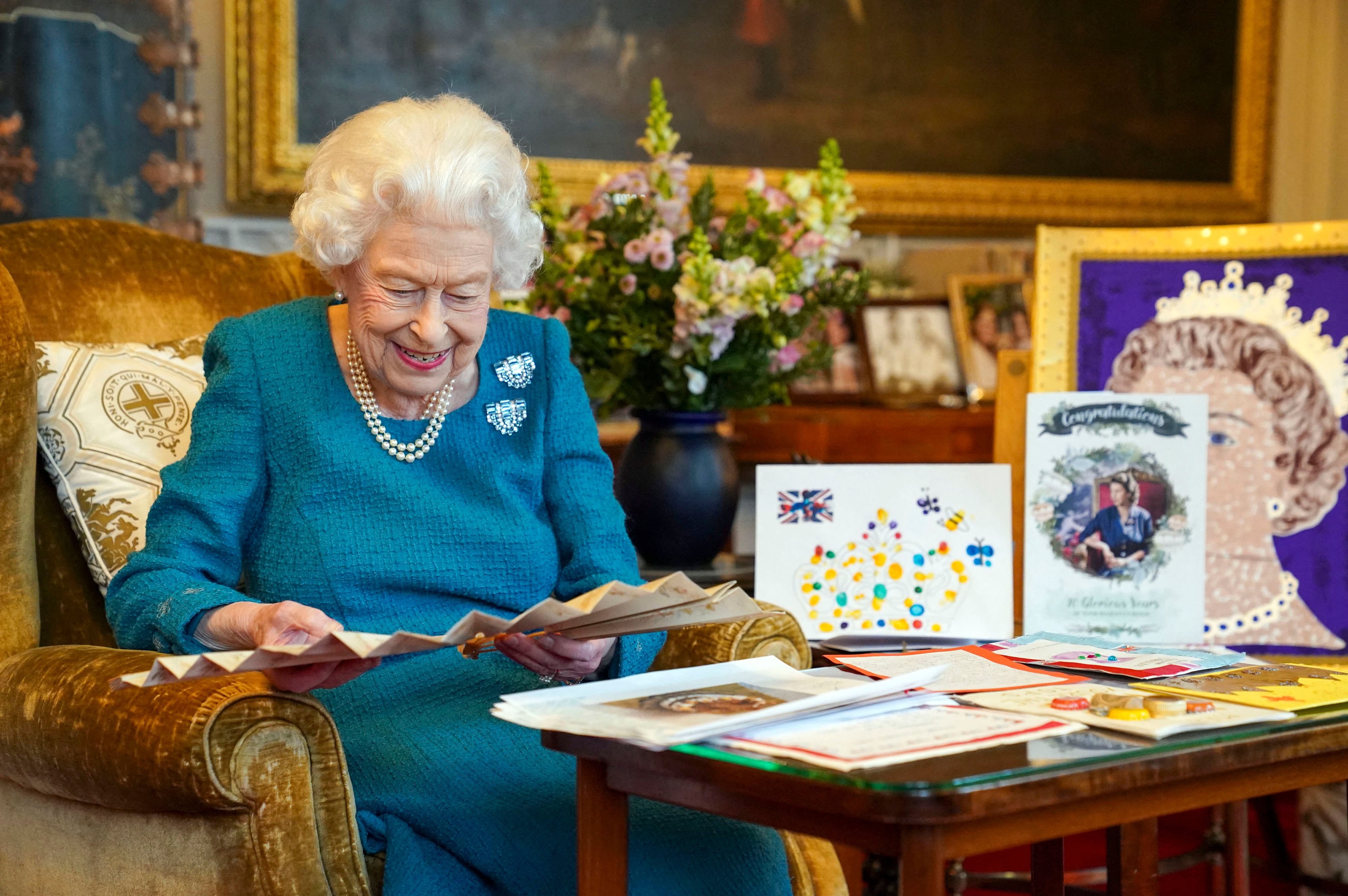
One of the Queen’s greatest strengths lay simply in her longevity: As of 2017, 4 out of 5 U.K. residents weren’t alive at the time of her accession, and had only ever known one monarch in their lifetimes. As global crises erupted, the Queen was always there, steadfast and unchanging, a symbol of reliability and hope—from her impartiality down to her fashion choices. "It’s that 'steady at the helm' kind of approach to her appearance … which was part of the appeal," Strasdin says. "Her identity was rooted in precisely that consistency, so that while everything else was tumultuous, and the world was doing all sorts of things, that actually you could look at her at any point and she looked herself."
As we mourn an exceptional monarch, we will all have to look for that consistency and reassurance elsewhere.
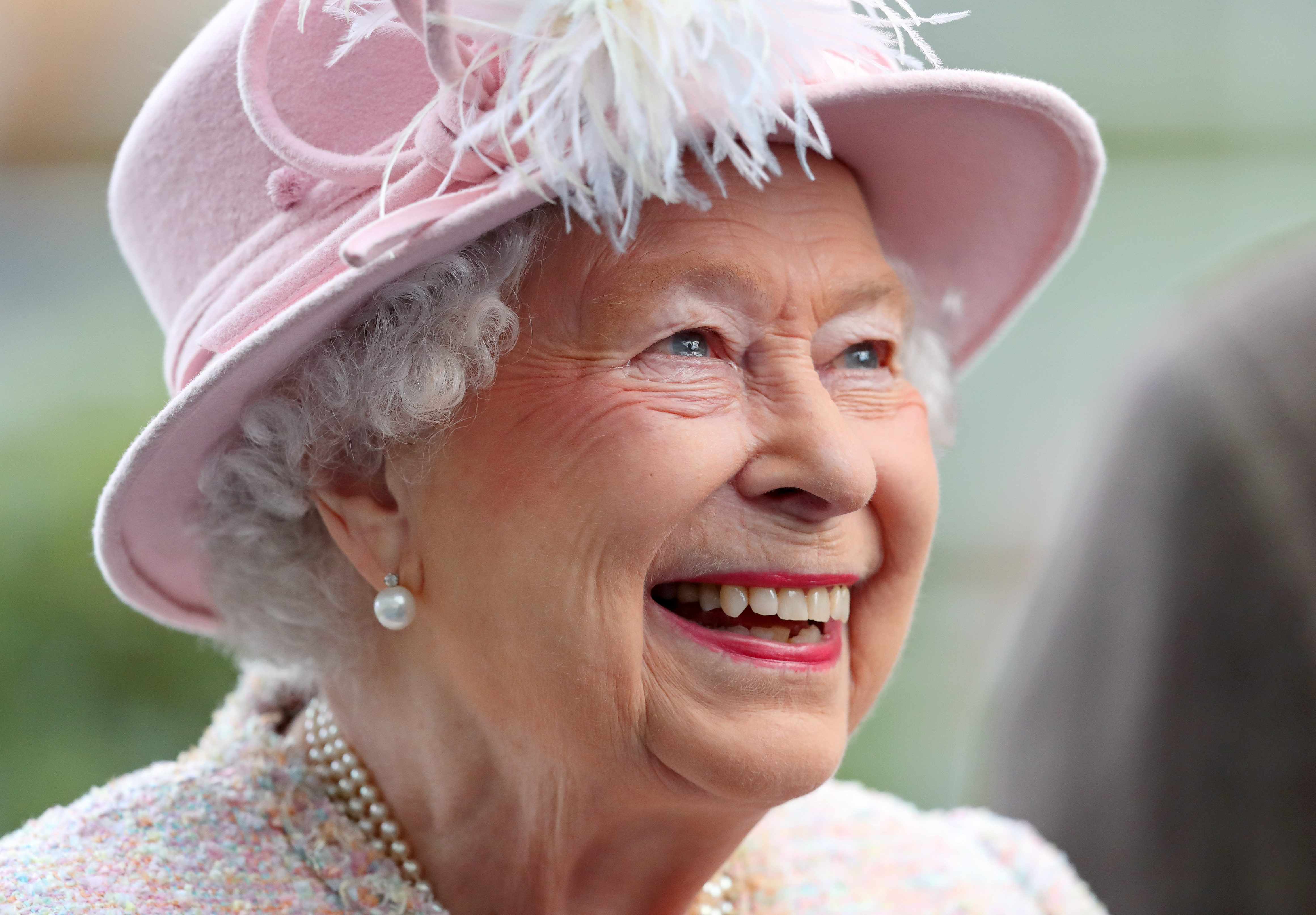

Iris Goldsztajn is a London-based journalist, editor and author. She is the morning editor at Marie Claire, and her work has appeared in the likes of British Vogue, InStyle, Cosmopolitan, Refinery29 and SELF. Iris writes about everything from celebrity news and relationship advice to the pitfalls of diet culture and the joys of exercise. She has many opinions on Harry Styles, and can typically be found eating her body weight in cheap chocolate.